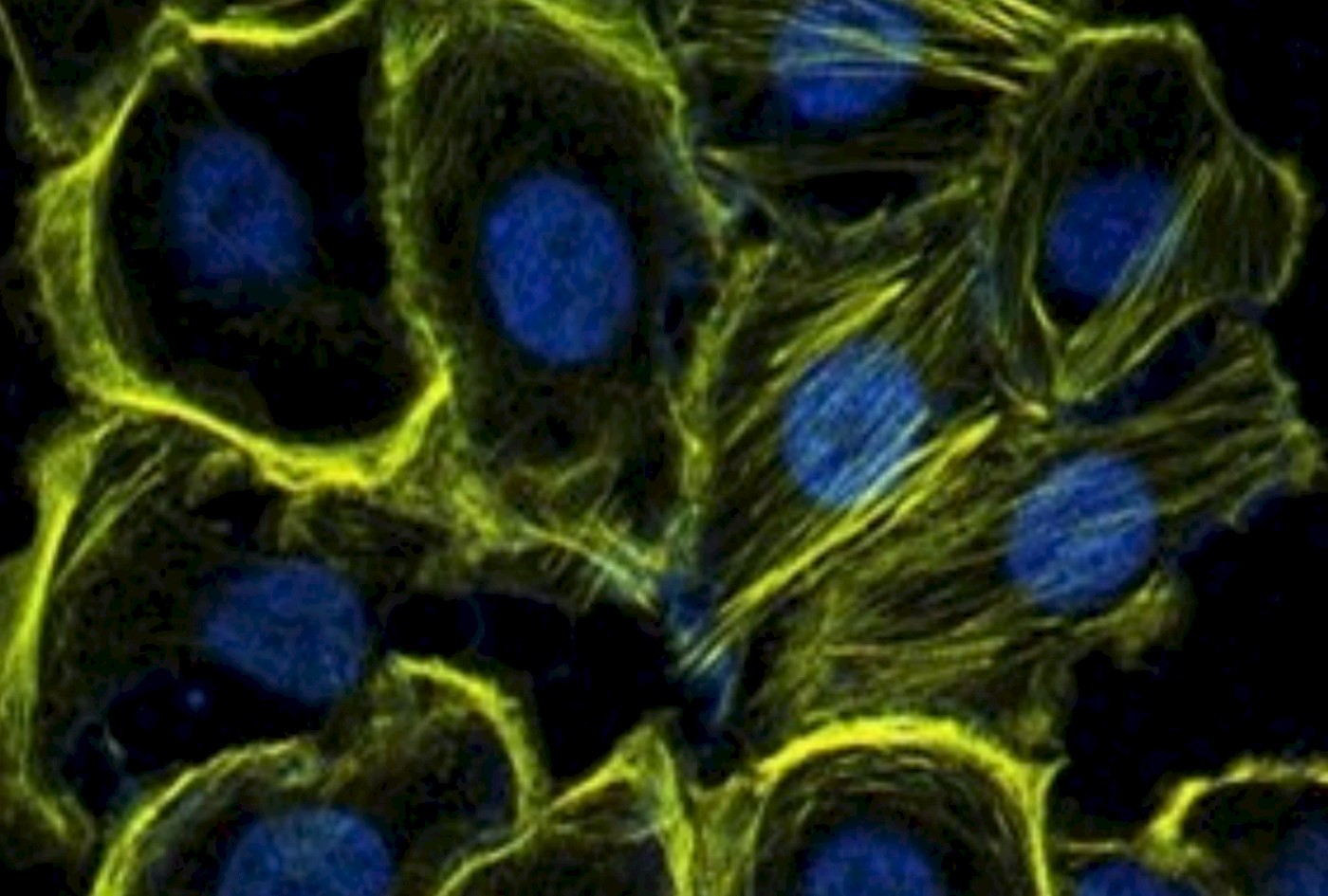
The pursuit of effective treatments for complex diseases like breast cancer and arthritis remains a significant medical challenge. Despite advancements in conventional therapies, the heterogeneous nature of these diseases often leads to treatment resistance and adverse side effects. However, emerging strategies such as synergistic chemotherapy and microRNA intervention offer promising outcomes in this sphere.
MicroRNAs play a crucial regulatory role in drug resistance to a specific drug, a novel approach beneficial for patients with breast cancer who still have a high mortality rate due to secondary recurrence, metastasis, and drug resistance, reveals research by Ashutosh Kumar, Associate Professor at Ahmedabad University's School of Arts and Sciences.
Synergistic chemotherapy involves the simultaneous use of multiple therapeutic agents with complementary mechanisms of action. Furthermore, synergistic combinations allow for dose reduction of individual drugs, reducing the risk of toxic side effects and improving patient tolerance to therapy. Synergistic chemotherapy also holds significant potential in overcoming treatment resistance. The research interests of Professor Kumar's lab lie at the intersection of biology and nanotechnology, with a specific emphasis on advancing nanomedicines tailored for the therapy of breast cancer and rheumatoid arthritis. The lab broadly works towards harnessing the distinctive properties of nanoparticles to improve drug delivery specificity, minimise side effects, and enhance therapeutic outcomes.
Professor Kumar's research demonstrates the co-delivering of microRNAs and chemotherapy drugs using an immunoliposome-based delivery system to treat HER2-positive breast cancer. MicroRNAs are small non-coding RNA molecules that play essential roles in regulating gene expression. MiRNA intervention targets dysregulated miRNAs to modulate disease-associated pathways and restore cellular homeostasis. This can be achieved through various strategies, such as miRNA replacement therapy, inhibition of disease-promoting miRNAs, or delivery of miRNA mimics or inhibitors.
Breast cancer is one of the most prevalent malignancies affecting women worldwide, particularly the HER-2 positive subtype, which presents a formidable challenge in clinical oncology, necessitating innovative therapeutic strategies. Professor Kumar's study identifies a novel immunoliposome-based formulation designed for targeted delivery of paclitaxel and miRNA inhibitors to HER-2-positive breast cancer cells. Through a rigorous preclinical evaluation encompassing in-vitro cellular studies and in-vivo tumour xenograft model, his lab demonstrated the immunoliposome's remarkable efficacy in inhibiting cell proliferation, inducing apoptosis, and in suppressing tumour growth. Histopathological assessments reveal a favourable safety profile with minimal adverse effects on normal tissues. Furthermore, his study unveils the synergistic interaction between paclitaxel and miRNA inhibitor within the formulation, offering a potential avenue for combination therapy. The novelty of his work lies in the development of a precise and targeted therapeutic approach tailored to HER-2-positive breast cancer, addressing critical gaps in current treatment modalities. His findings underscore this innovative formulation's clinical relevance and translational potential, paving the way for personalised and effective targeted therapies for improved patient outcomes.
This research has drawn significant attention from the Indian Council of Medical Research.